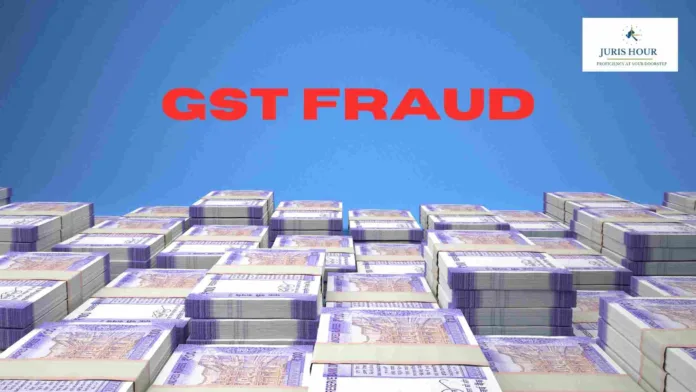India’s apex Goods and Services Tax (GST) enforcement body, the Directorate General of GST Intelligence (DGGI), has shifted its enforcement strategy to focus on large-scale, deliberate tax evasion and fraud that significantly impact the economy, while easing pressure on small, technical disputes.
According to officials familiar with the matter, DGGI will now direct its resources toward investigating individuals and companies involved in high-value, systematic tax evasion schemes, such as deliberate misclassification of goods and services, use of shell firms for fake transactions, and large-scale invoice fraud. The aim is to protect government revenues, strengthen economic stability, and improve investor confidence.
“This approach will encourage businesses to focus on growth rather than prolonged litigation over minor compliance issues,” said Rajat Mohan, Senior Partner at AMRG & Associates. “Tackling high-impact fraud will ultimately help job creation and ensure sustainable economic growth.”
Reducing Harassment, Boosting Compliance
By narrowing its scope to major offences, DGGI seeks to provide relief to genuine taxpayers who often face investigations over trivial classification errors or procedural lapses. This change is expected to speed up case closures, resolve grievances faster, and create a level playing field for law-abiding businesses.
Sectors such as metals, tobacco, and plywood—considered prone to large-scale GST evasion—will remain under close watch. Authorities will also monitor manipulative trade practices such as deliberately underpricing goods to evade taxes.
Significant Revenue Recovery
Government data shows that between FY2020 and FY2025, tax authorities detected GST evasion worth ₹7 trillion across more than 91,000 cases. Of these, ₹1.29 trillion has already been voluntarily paid by taxpayers. In FY2025 alone, GST evasion worth ₹2.23 trillion was identified, with ₹66,799 crore recovered without litigation.
Finance Minister Nirmala Sitharaman, during the Monsoon Session of Parliament, said this targeted approach aligns with the Union government’s strategy to curb evasion, prevent wrongful input tax credit claims, and ensure efficient resolution of disputes.
Experts believe the move will strike a balance between strict enforcement against major tax cheats and a supportive environment for compliant businesses—reducing unnecessary compliance costs and fostering long-term economic growth.
Read More: UK Registration Alone Can’t Deny ‘New Car’ Customs Duty Benefit — Bentley Import Valuation: CESTAT

